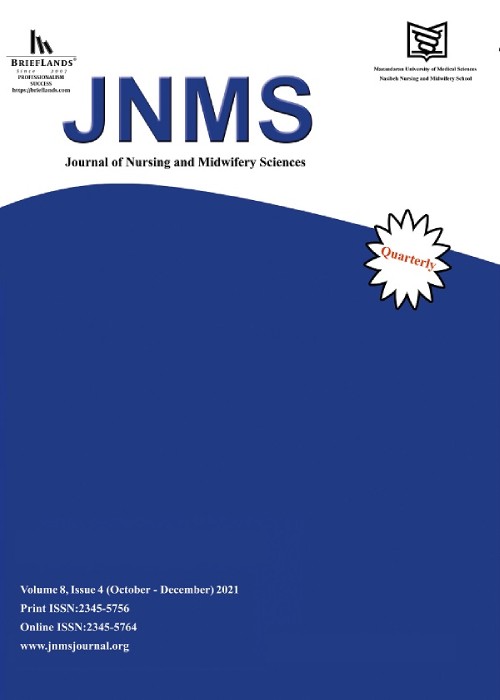Relationship between academic procrastination and perceived competence, self-esteem and general self-efficacy of nursing students
Context:
Academic procrastination leads to dysfunctional learning outcomes in terms of patient care skills, and consequently, the nursing students’ knowledge and awareness declines, which is known as a deterrent to their success. On the other hand, perceived competence, self efficacy, and self esteem significantly influence the students’ health and proper functioning of the study. Hence, it is important to examine the relationship between the mentioned variables with procrastination.
This study was designed to determine the relationship between perceived competence, self‑esteem, and self‑efficacy with academic procrastination among the nursing students of Mazandaran University of Medical Sciences.
Settings and Design:
This was a descriptive‑analytical study. It was conducted in three nursing schools of Sari, Amol, and Behshahr in the north of Iran in 2020.
The sample size included 299 nursing students selected by stratified random sampling out of all undergraduate and graduate students. The research tools included the Demographic Characteristics Questionnaire, Williams and Desi’s Perceived Competence Scale, Rosenberg Self‑Esteem Scale, Schwarzer and Jerusalem Self‑Efficacy, and Tuckman Procrastination Scale.
Statistical Analysis:
The descriptive statistics (frequency and mean ± standard deviation [SD], median, and quartiles) and Spearman’s rank correlation coefficient were used for statistical analysis.
According to the results, the mean and SD of the scores for academic procrastination, perceived competence, self‑esteem, and self‑efficacy was 26.05 ± 6.10, 25.77 ± 2.93, 9.84 ± 1.86, and 8.31 ± 11.85, respectively. Spearman’s correlation coefficient revealed a positive significant correlation between academic procrastination and perceived competence (r = 0.56, P = 0.001) and a negative meaningful correlation with self‑esteem (r = −0.30, P = 0.001) and self‑efficacy (r = −0.43, P = 0.001).
According to the findings, academic procrastination displayed a positive relationship with perceived competence and a negative relationship was found with self‑esteem and self‑efficacy. Therefore, it is necessary to take the variables, namely, self‑esteem, perceived competence, and self‑efficacy into account in order to reduce academic procrastination.
- حق عضویت دریافتی صرف حمایت از نشریات عضو و نگهداری، تکمیل و توسعه مگیران میشود.
- پرداخت حق اشتراک و دانلود مقالات اجازه بازنشر آن در سایر رسانههای چاپی و دیجیتال را به کاربر نمیدهد.



